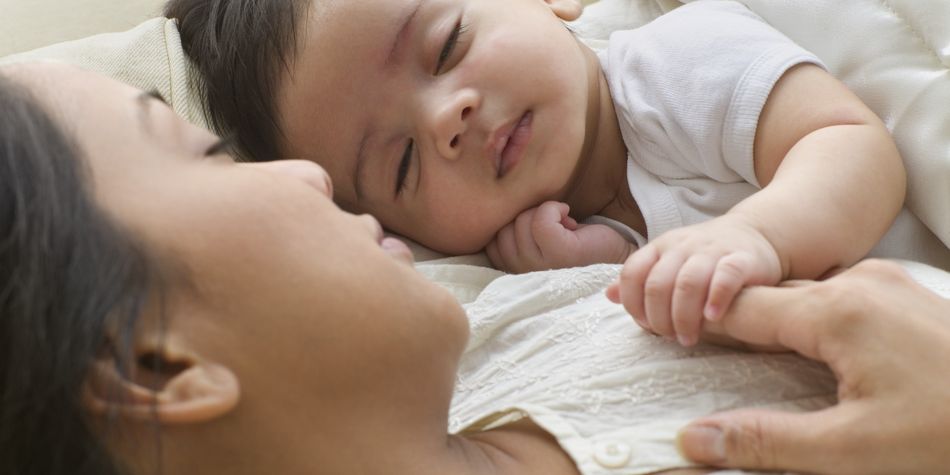
Last fall, hospitals across the nation saw an early surge in pediatric respiratory syncytial virus (RSV) cases — a respiratory virus that infects the lungs and respiratory tract.
For adults and older, healthy children, RSV symptoms are usually mild and typically mimic the common cold. But for young infants or those with a weak immune system, it can become severe or even life threatening.
 Dr. Ayamo Oben, a maternal-fetal medicine physician at The Woman’s Hospital of Texas, believes that a new single-shot RSV vaccine will make a big difference in babies, toddlers and older adults who are at high risk of becoming very sick if they get RSV.
Dr. Ayamo Oben, a maternal-fetal medicine physician at The Woman’s Hospital of Texas, believes that a new single-shot RSV vaccine will make a big difference in babies, toddlers and older adults who are at high risk of becoming very sick if they get RSV.
A single-dose of protection
For pregnant women to protect their newborns, The Centers for Disease Control and Prevention (CDC) is recommending the vaccination during RSV season (September-January) for those 32 to 36 weeks pregnant.
“It is important for pregnant individuals to receive the vaccine between 32 to 36 weeks as this allows for antibodies from the mother to be passed to their unborn babies through the placenta which will help protect them from RSV,” said Dr. Oben. “The antibodies should last approximately six months after the baby is born. After that time, speak with your baby’s pediatrician to see if another RSV vaccine is recommended.”
Babies who are born at least two weeks after their mother receives the maternal RSV vaccine are protected at birth, when infants are at the highest risk of severe RSV. Additionally, it decreases the number of vaccines your infant receives at birth. According to the CDC, the vaccine can reduce a baby’s risk of being hospitalized from RSV by 57% in the first six months after birth.
What is respiratory syncytial virus (RSV)?
The CDC estimates that each year 58,000 to 80,000 children under 5 years of age are hospitalized due to RSV infection. RSV spreads through contact with respiratory droplets (coughing, sneezing or kissing) from an infected person or touching surfaces contaminated with the virus and then touching your mouth, eyes or nose.
The symptoms of RSV infection usually start about four to six days after infection and may include:
- Coughing
- Decreased appetite
- Fever
- Runny nose
- Sneezing
- Wheezing
Dr. Oben recommends the following tips to lower your chances of catching or spreading RSV:
- Avoid touching your face with unwashed hands
- Clean frequently touched areas such as doorknobs
- Cover coughs and sneezes
- Keep your baby away from crowds of people
- Sanitize your mobile device often
- Stay home if you are sick
- Wash your hands with soap and water for at least 20 seconds, before and after holding your baby
"The vaccine is another way expectant individuals can protect their baby before and after their pregnancy," says Dr. Oben.
Not sure if you should get the RSV vaccine? Talk with your healthcare provider about the risks and benefits, so you can make an informed decision based on your specific circumstance and health needs.
$webqFacilityNumber
Need a Physician?